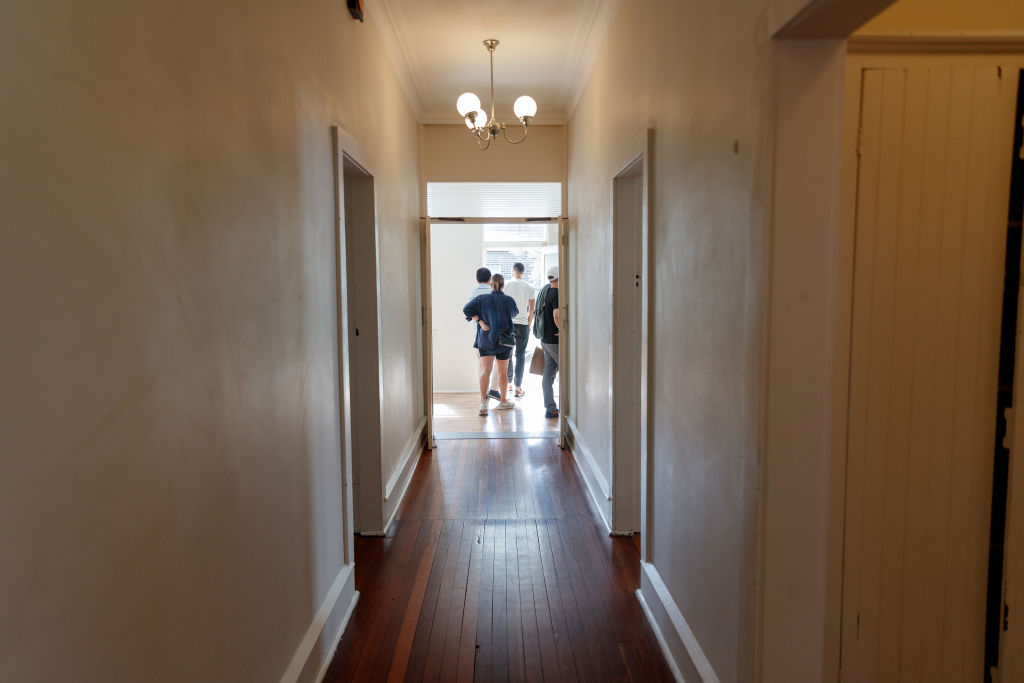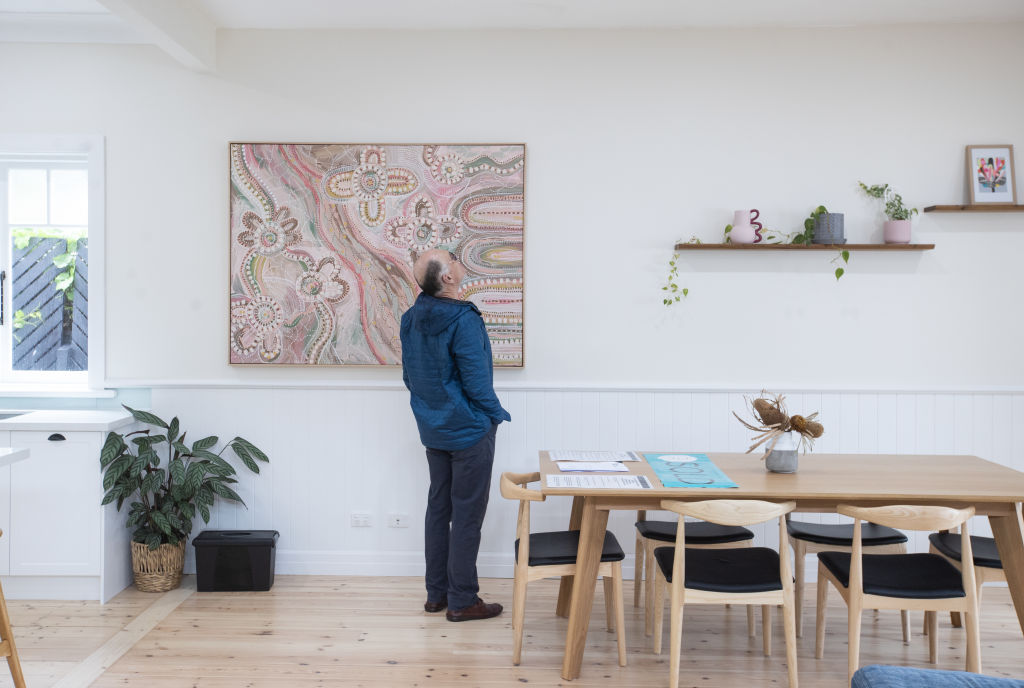How to avoid buying a dud investment property

A stinker, a sinker, a lemon … a dud investment by any other name would smell just as rank. But what are the rules to follow to avoid the pain of making a bad decision?
David Morrell of buyers’ advocates Morrell and Koren says, “The real estate rules are very simple: position, position, position. When you vary that, the risk profile gets larger.”
Location is also at the top of the list. “That’s much more important than even the type of property you’re buying,” property advisor Kate Hill of Adviseable says. “It’s much better to buy something imperfect in a great area, as it will still grow in value, than a perfect property somewhere that isn’t so good. Then, it will never do anything.”



While your mission is to buy an excellent investor home, make sure it will also hold appeal for others, adds Julian Fadini, founder of investment advisors PRPTY 360.
“The market nationwide is made up roughly of 70 per cent of owner-occupiers and around 30 per cent investors,” he says. “So, whatever you’re buying also needs to be suitable, in the long run, when you come to sell, for owner-occupiers.”
Morrell also warns against buying property off the plan if you’re an investor, claiming you’ll be paying 10-15 per cent over the true value from the get-go to the developer, meaning you’re behind from the start.
He also really likes the idea of upgrading a principal place of residence instead of investing that money in another property. “If you buy an investment, then the tax office will take half your proceeds, but if you put that money into your own place, then you’ll keep it all,” Morrell says. “That’s smarter.
“In Australia, your own house yields big tax benefits, and if you don’t take advantage of that, you’re an idiot!”

In any case, you should make sure you can afford your investment under all conditions – interest rates up or down, and cost of living up or down – before making the plunge, warns Hill. “You need to be able to afford to hold it rather than being forced to sell it in a couple of years because the yield isn’t right or for personal reasons. An investment is for the long term rather than the short.”
You also need to do all your due diligence before buying. That means making sure there’s plenty of demand for property in the area where you plan to buy and that the demand is sustainable, Hill says. You should also choose to invest for capital growth rather than income, says Morrell.
Fadini says it’s imperative to know the median price of houses and apartments in the area where you’re considering purchasing to ensure you’re not paying over the odds.
“Also, check vacancy rates,” he counsels. “They’re quite tight at the moment, so if your area has one over 2 per cent at the moment, then you could probably do better.
“If you’re buying an apartment, always make sure too that you do a strata check and a pest inspection, and for a house, do a full building and pest inspection to make sure the property is structurally sound. Then talk to the local council to make sure any plans for future developments won’t adversely impact the value of your property.”
We recommend
We thought you might like
States
Capital Cities
Capital Cities - Rentals
Popular Areas
Allhomes
More










